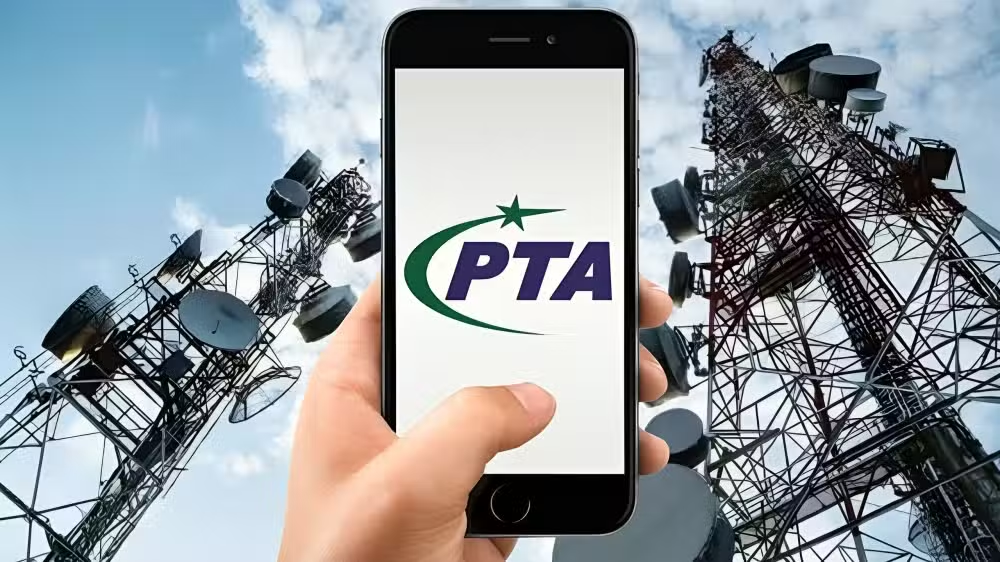The Pakistan Telecommunication Authority (PTA) has shifted its focus from virtual private networks (VPNs) to the telecom infrastructure, blaming it for widespread internet slowdowns across the country.
Infrastructure and Power Challenges
According to official PTA documents reviewed by NetMAG, the slow internet speeds are due to deficiencies in telecom infrastructure, frequent power outages, and inadequate fiberization, rather than the web management system (WMS).
PTA highlighted that 42 percent of telecom sites in Pakistan lack generators, leaving over 21,000 sites vulnerable to power disruptions. This significantly impacts internet and telecom services during load-shedding. Although generators are installed at 24,885 sites, many do not have sufficient power backup to sustain operations.
READ MORE: Punjab Government to Introduce Technical Education in Public Schools
Security Concerns
The documents revealed security issues as a contributing factor to infrastructure problems. Over 739 telecom sites have been targeted by thieves in recent years, resulting in the theft of generators and other essential equipment. Additionally, 147 sites have been attacked by terrorists over the past five years, further straining the telecom infrastructure and, consequently, internet services.
International Connectivity and Upcoming Projects
On the international front, PTA noted that previous faults in submarine cables have been resolved. It also highlighted a significant project by Transworld, which is laying a 45,000-kilometer cable connecting Pakistan to 33 African and Middle Eastern countries. The cable, with a capacity of 18 terabytes per second, is expected to improve bandwidth and enhance internet speeds nationwide.
Collaborative Solutions
The Ministry of IT and PTA are working with various stakeholders, including telecom operators and social media platforms, to identify and implement effective solutions to enhance internet services and address ongoing challenges in Pakistan.
This comprehensive approach aims to overcome existing barriers and ensure reliable internet connectivity across the country.




